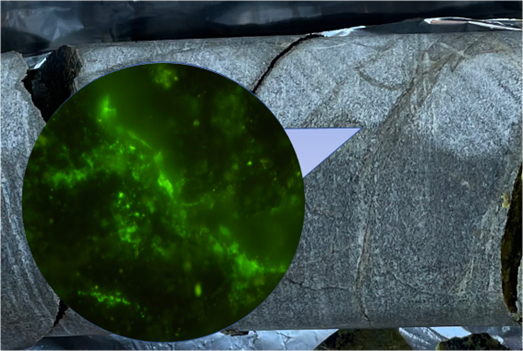2024-10-03 コロンビア大学
<関連情報>
- https://news.columbia.edu/news/our-brains-divide-day-chapters-new-psychology-research-offers-details-how
- https://www.cell.com/current-biology/abstract/S0960-9822(24)01224-7
トップダウンの注意が、イベントスクリプトが重なり合うナラティブにおける行動と神経のイベント境界をシフトさせる Top-down attention shifts behavioral and neural event boundaries in narratives with overlapping event scripts
Alexandra De Soares∙ Tony Kim∙ Franck Mugisho∙ … ∙ Allison Lin∙ Chen Zheng∙ Christopher Baldassano
Current Biology Published:October 3, 2024
DOI:https://doi.org/10.1016/j.cub.2024.09.013
Graphical abstract
Highlights
•Default mode regions represent schematic event scripts during narrative perception
•Attending to an event script impacts behavioral event segmentation and memory
•Neural dynamics in the mPFC reflect the event structure of an attended script
Summary
Understanding and remembering the complex experiences of everyday life relies critically on prior schematic knowledge about how events in our world unfold over time. How does the brain construct event representations from a library of schematic scripts, and how does activating a specific script impact the way that events are segmented in time? We developed a novel set of 16 audio narratives, each of which combines one of four location-relevant event scripts (restaurant, airport, grocery store, and lecture hall) with one of four socially relevant event scripts (breakup, proposal, business deal, and meet cute), and presented them to participants in an fMRI study and a separate online study. Responses in the angular gyrus, parahippocampal gyrus, and subregions of the medial prefrontal cortex (mPFC) were driven by scripts related to both location and social information, showing that these regions can track schematic sequences from multiple domains. For some stories, participants were primed to attend to one of the two scripts by training them to listen for and remember specific script-relevant episodic details. Activating a location-related event script shifted the timing of subjective event boundaries to align with script-relevant changes in the narratives, and this behavioral shift was mirrored in the timing of neural responses, with mPFC event boundaries (identified using a hidden Markov model) aligning to location-relevant rather than socially relevant boundaries when participants were location primed. Our findings demonstrate that neural event dynamics are actively modulated by top-down goals and provide new insight into how narrative event representations are constructed through the activation of temporally structured prior knowledge.



